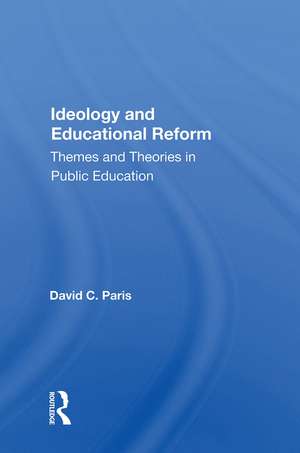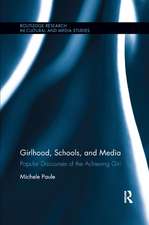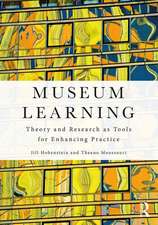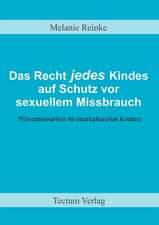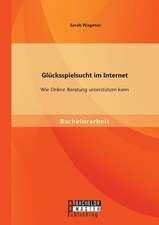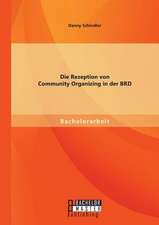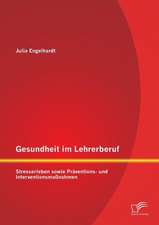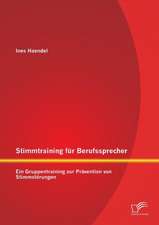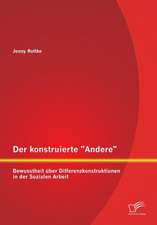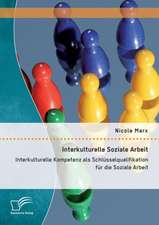Ideology and Educational Reform: Themes and Theories in Public Education
Autor David C. Parisen Limba Engleză Hardback – 7 iun 2019
| Toate formatele și edițiile | Preț | Express |
|---|---|---|
| Paperback (1) | 259.98 lei 6-8 săpt. | |
| Taylor & Francis – 7 dec 2020 | 259.98 lei 6-8 săpt. | |
| Hardback (1) | 764.20 lei 6-8 săpt. | |
| Taylor & Francis – 7 iun 2019 | 764.20 lei 6-8 săpt. |
Preț: 764.20 lei
Preț vechi: 1027.43 lei
-26% Nou
Puncte Express: 1146
Preț estimativ în valută:
146.22€ • 152.69$ • 120.75£
146.22€ • 152.69$ • 120.75£
Carte tipărită la comandă
Livrare economică 16-30 aprilie
Preluare comenzi: 021 569.72.76
Specificații
ISBN-13: 9780367010348
ISBN-10: 0367010348
Pagini: 232
Dimensiuni: 152 x 229 mm
Greutate: 0.45 kg
Ediția:1
Editura: Taylor & Francis
Colecția Routledge
Locul publicării:Oxford, United Kingdom
ISBN-10: 0367010348
Pagini: 232
Dimensiuni: 152 x 229 mm
Greutate: 0.45 kg
Ediția:1
Editura: Taylor & Francis
Colecția Routledge
Locul publicării:Oxford, United Kingdom
Cuprins
The First Triangle: The Problems of Educational Reform -- The "Theoretical Mystique" and Thematic Analysis -- The Common School Theme: Moral Education and the "Tie That Binds" -- Schools, Scapegoats, and Skills: Educational Reform and the Economy -- "Clientelism" and the Odd Couple: Choice and Welfare in Education -- The Future of Educational Reform: Political Choices and School Culture
Descriere
Ten years of educational reform have not brought dramatic improvements. In Ideology and Educational Reform, David Paris traces the underlying ideological problems that make genuine reform difficult. These include different and often conflicting beliefs concerning the proper role of public education as well as the public's natural ambivalence about schools as government agencies. Paris describes three major themes in public education—common school, human capital, and clientelism. He critically evaluates current policies and explores proposed reforms associated with each of these topics, including moral education, the school-economy relationship, school choice, and the delivery of social services. Paris proposes better ways for dealing with ideological problems in school practice, and suggests appropriate directions for policy reform.
